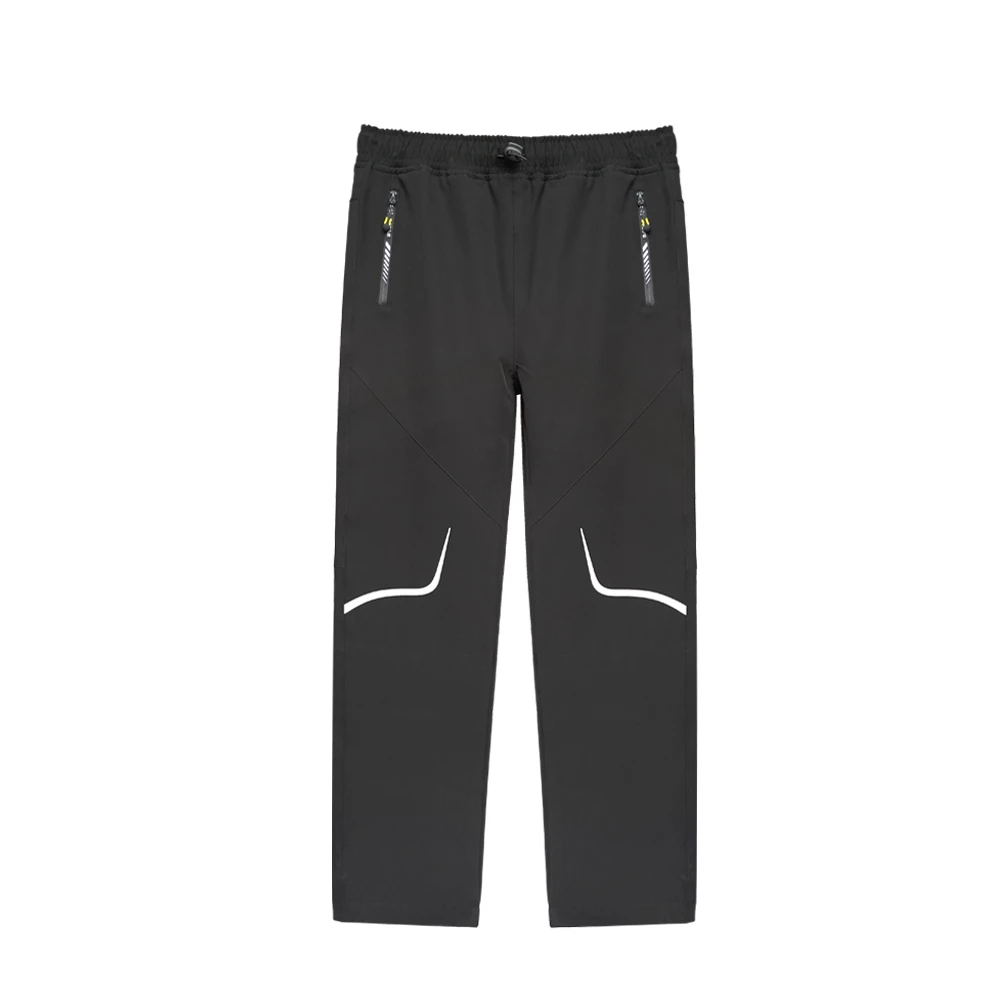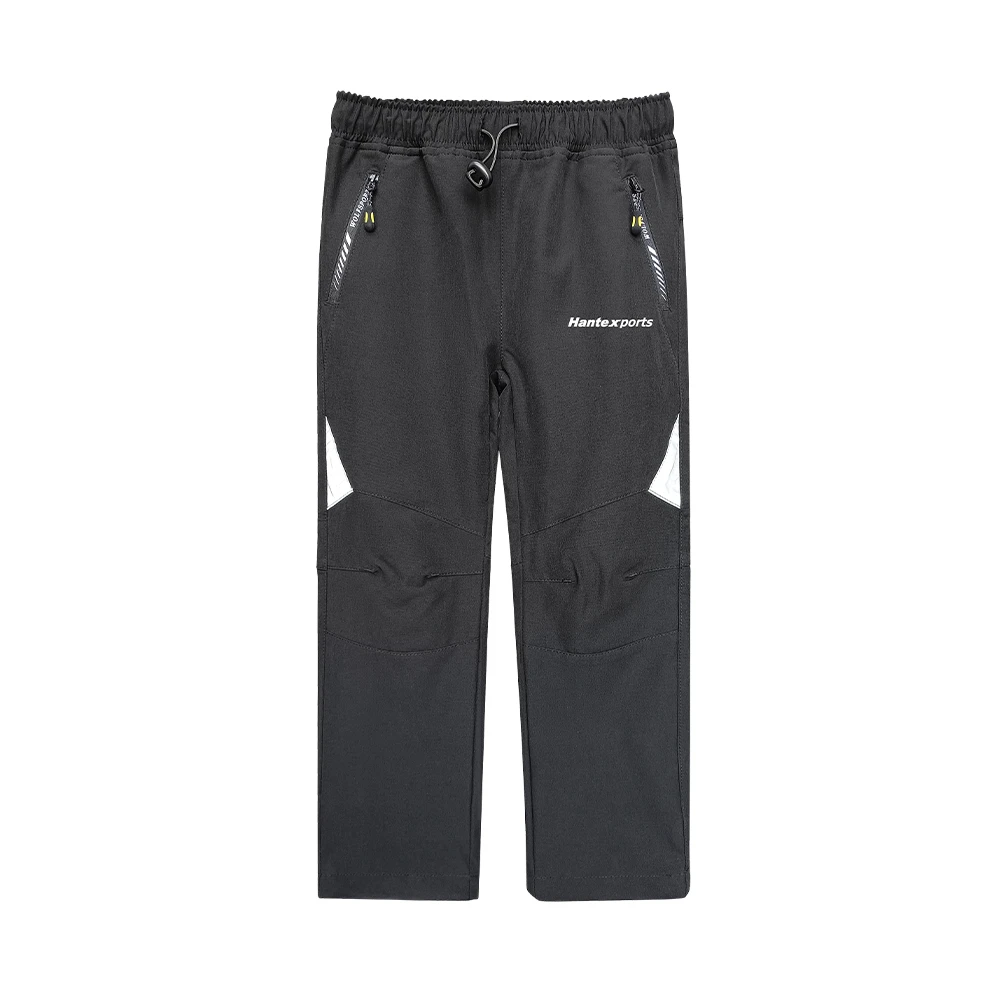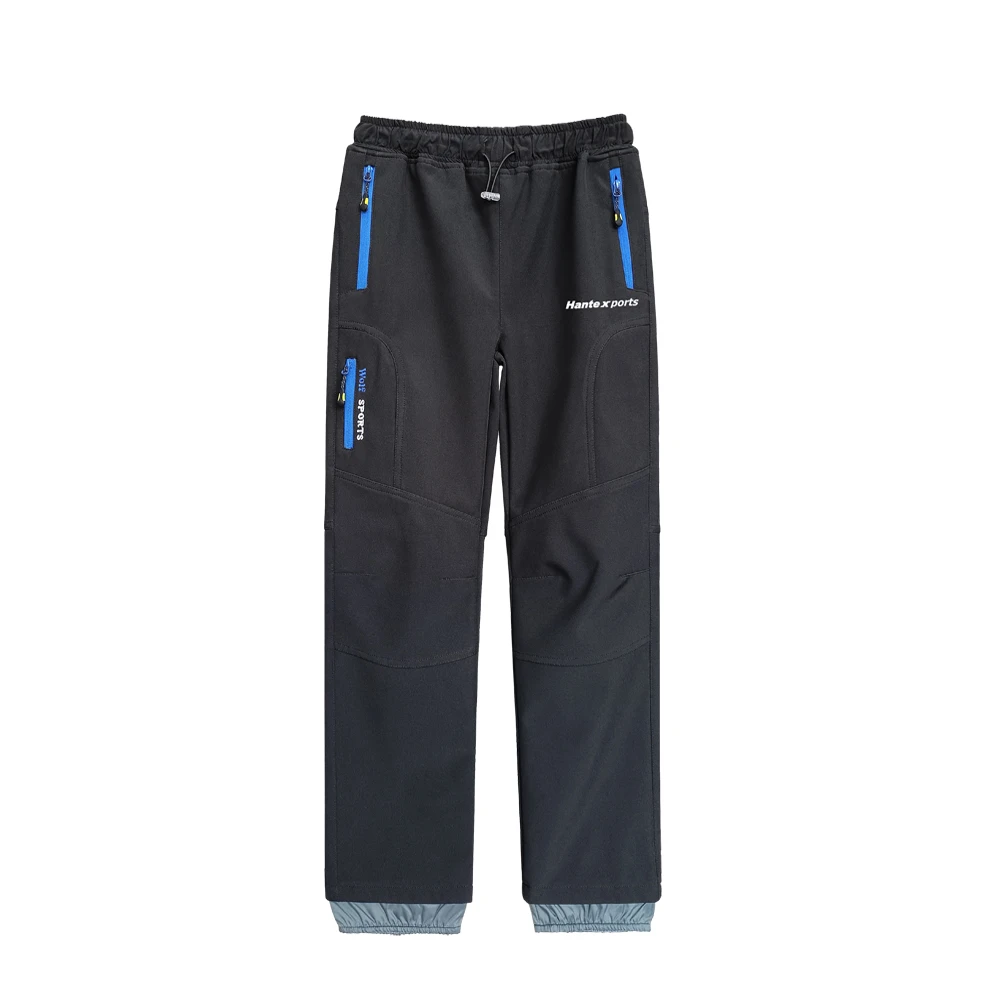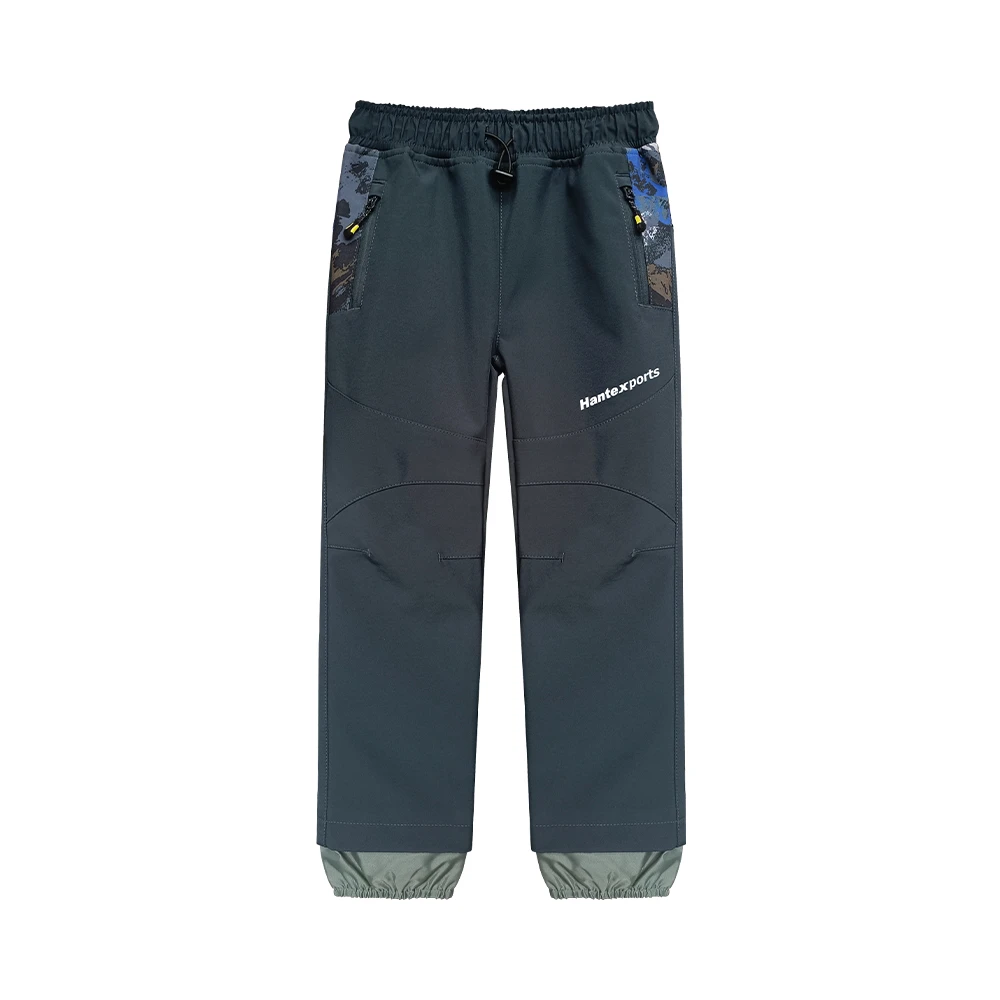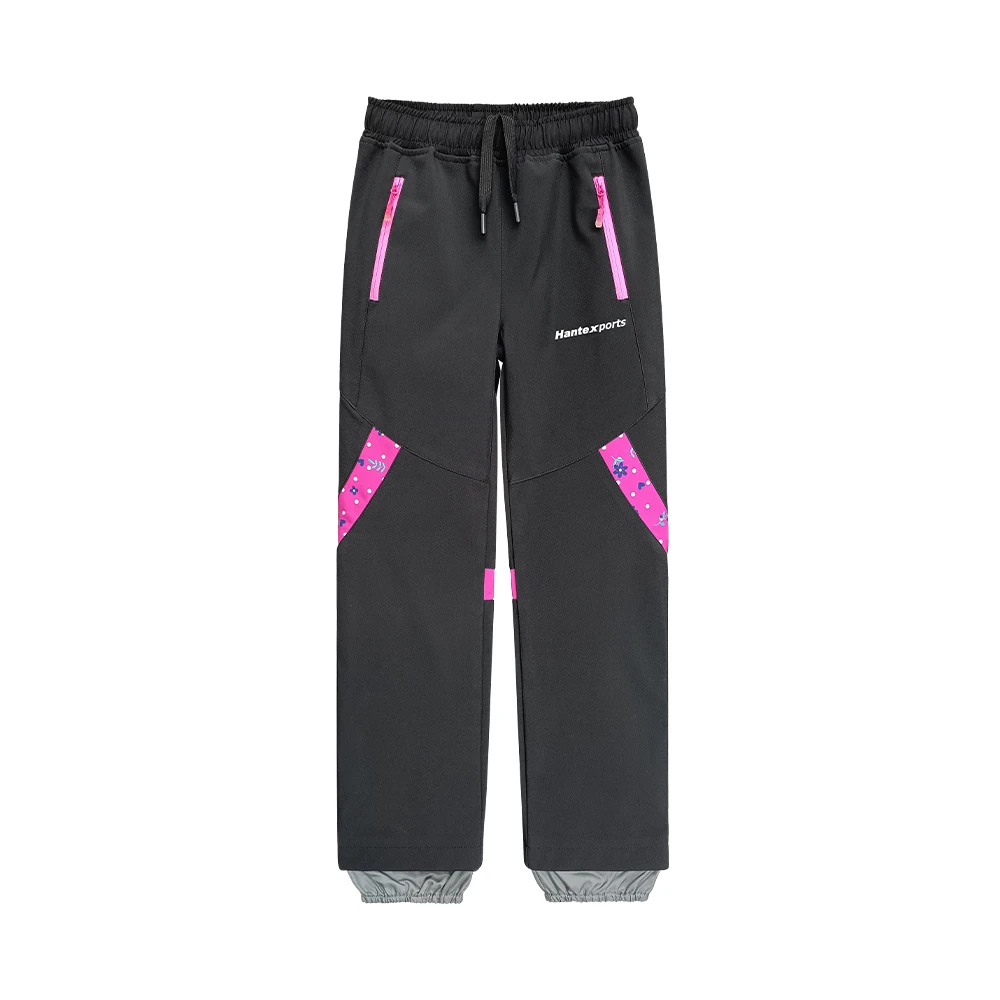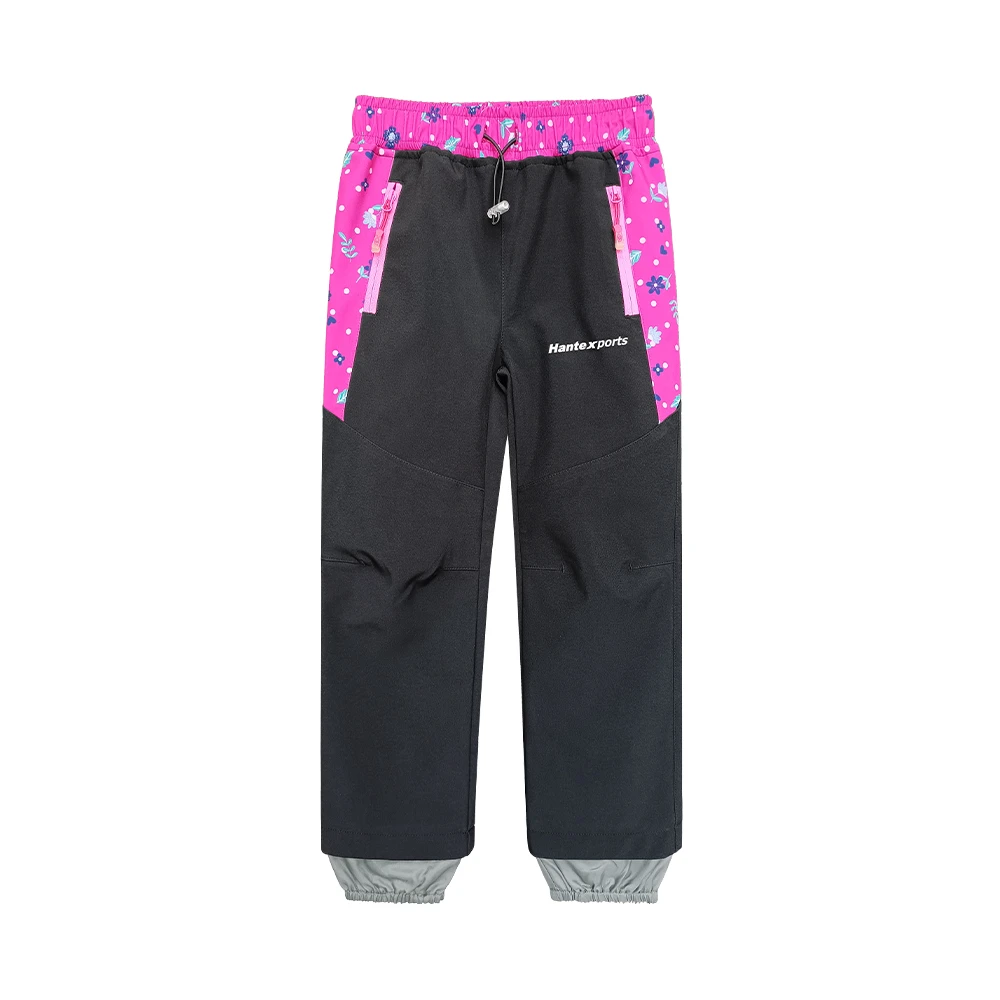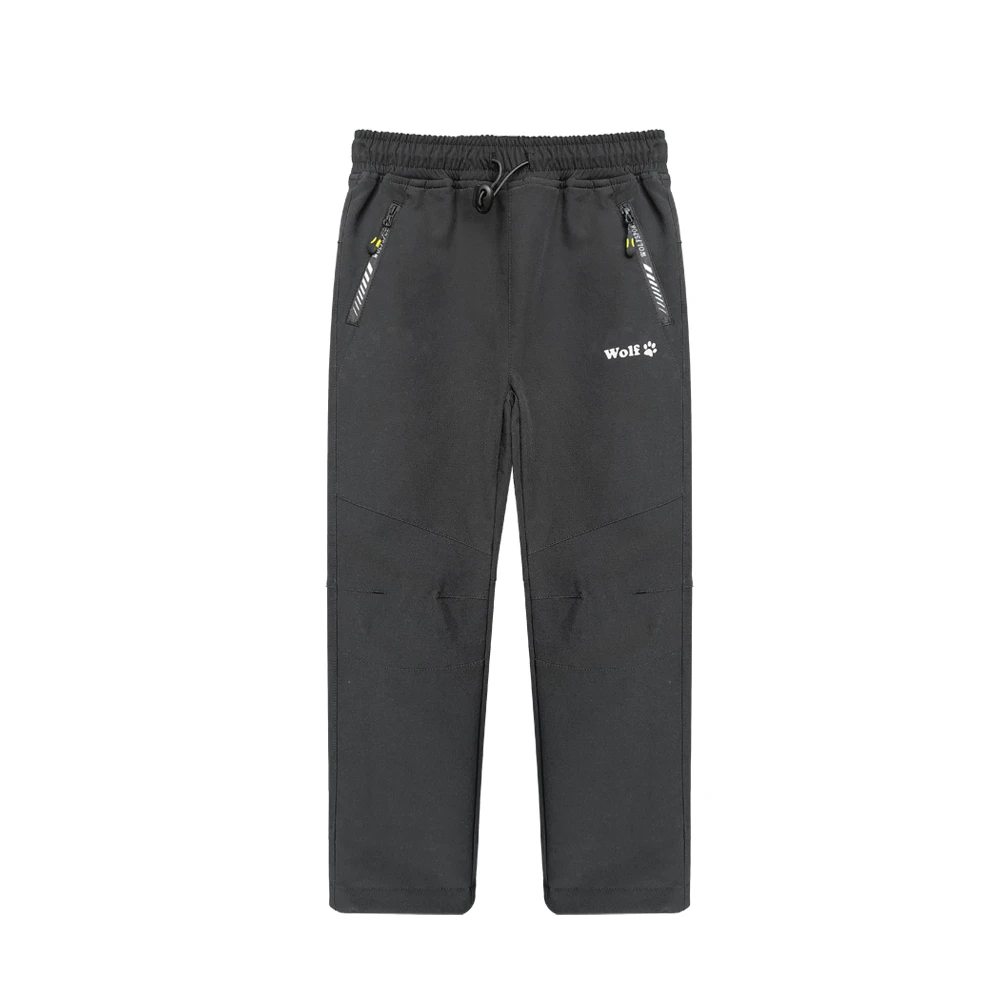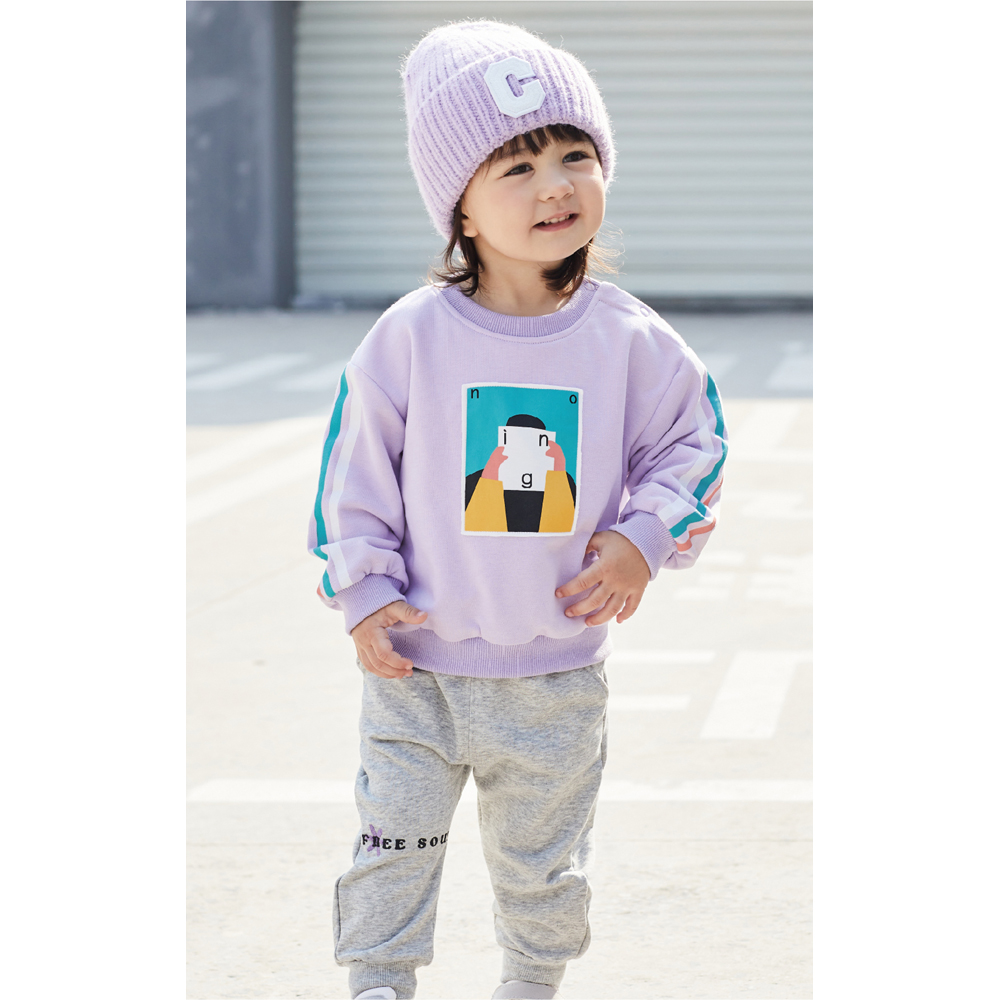The Rise of Ethical Workwear Fashion Meets Responsibility
In recent years, the fashion industry has witnessed a revolution, with the emergence of ethical workwear as a significant trend. As consumers become increasingly aware of the environmental and social implications of their purchases, the demand for sustainable and ethically produced clothing has surged. Workwear, traditionally associated with functionality and durability, is now being redefined to include ethical production practices that prioritize the well-being of both people and the planet.
Ethical workwear encompasses a wide range of clothing designed for professional settings, from office environments to labor-intensive roles. The hallmark of ethical workwear is its commitment to sustainability, transparency, and fair labor practices. Brands specializing in this niche often employ eco-friendly materials such as organic cotton, Tencel, or recycled fabrics, minimizing the environmental impact of their products. By choosing materials that are sustainably sourced, ethical workwear manufacturers contribute to the preservation of natural resources and reduce their carbon footprint.
Moreover, ethical workwear brands often ensure that their production processes adhere to fair labor standards. This includes providing safe working conditions, fair wages, and reasonable working hours for all employees involved in the manufacturing process. As consumers become more informed about the working conditions behind their clothing, they increasingly prioritize brands that demonstrate accountability and ethical practices. This shift not only benefits workers but also fosters a culture of corporate responsibility within the industry.
Another key aspect of ethical workwear is the focus on longevity and durability. Fast fashion, with its emphasis on cheap, disposable clothing, has led to a culture of overconsumption and waste. In contrast, ethical workwear emphasizes the importance of quality and timeless design. By producing clothing that is built to last, these brands promote a more sustainable approach to fashion. Investing in high-quality pieces not only reduces the frequency of purchases but also encourages consumers to value their clothing and the resources that went into making it.
ethical workwear
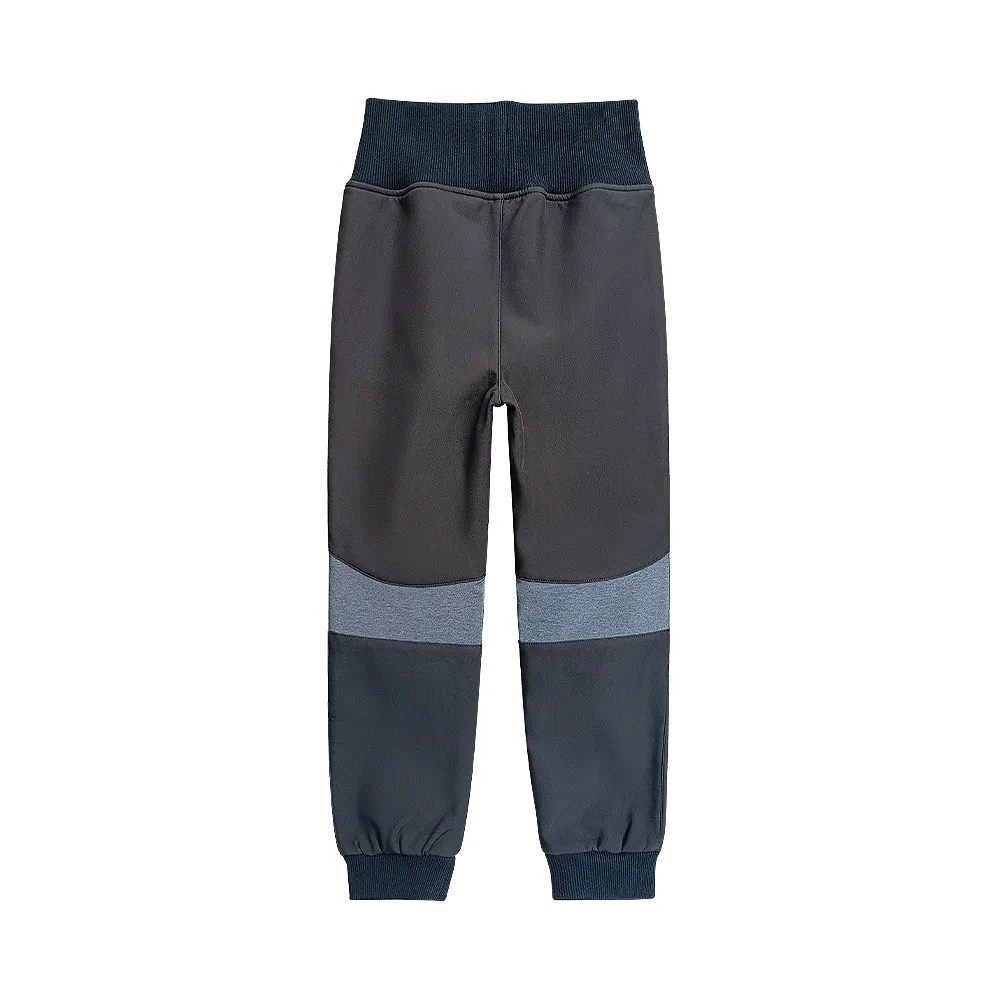
Additionally, ethical workwear embraces inclusivity and diversity in its designs. Many brands are expanding their size ranges and offering adaptive clothing options, ensuring that all individuals can find workwear that suits their needs and reflects their identity. This commitment to inclusivity is crucial in fostering a sense of belonging and representation in professional environments.
The integration of ethical practices into workwear does not mean sacrificing style. On the contrary, many ethical workwear brands prioritize contemporary, stylish designs that resonate with modern professionals. Whether it's tailored trousers, versatile blouses, or comfortable yet chic outerwear, these garments are crafted to seamlessly transition from the workplace to after-hours, promoting a sophisticated yet responsible approach to fashion.
As the movement toward ethical workwear continues to grow, consumers play a pivotal role in driving change. By making informed purchasing decisions and supporting brands that prioritize sustainability and ethical practices, individuals can contribute to a more responsible fashion industry. Social media platforms and online communities are amplifying the voices of ethical brands, making it easier than ever for consumers to discover and engage with companies that align with their values.
In conclusion, ethical workwear represents a significant shift in the fashion industry, merging style with responsibility. As more brands commit to sustainable practices and fair labor principles, professionals can now express their personal style while supporting a more ethical economy. This dynamic intersection of fashion and social responsibility not only empowers consumers but also sets a new standard for how we approach work attire. Embracing ethical workwear is not just a trend; it's a movement towards a more sustainable future for both the fashion industry and the planet.
